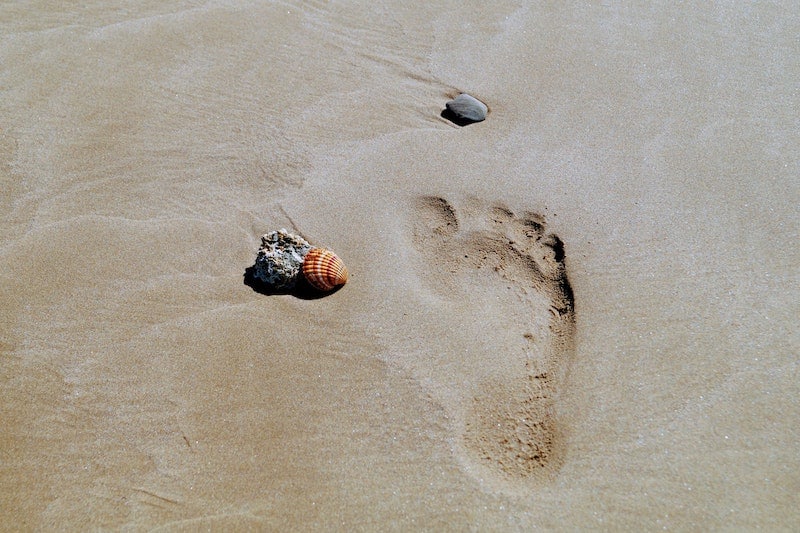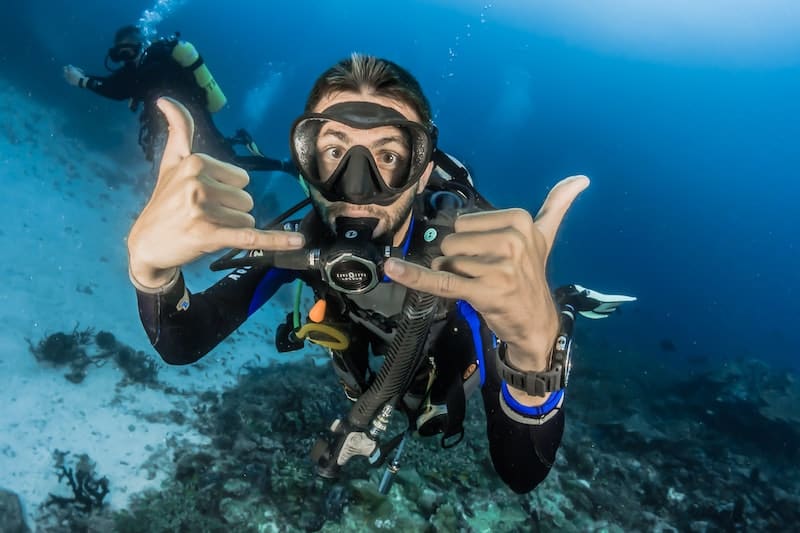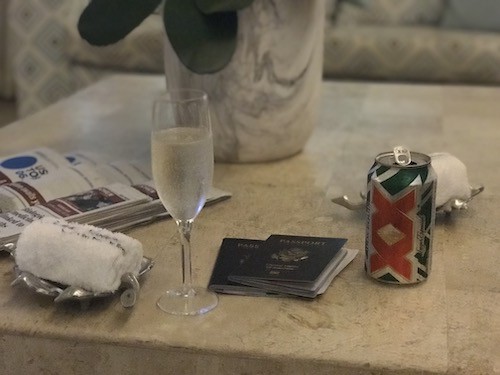
After visiting the turquoise, crystal beaches, enjoying fresh guacamole, and hopefully a few margaritas – It’s time to return home. If you’ve gathered any shells while strolling down the beaches of Cancún, there are governmental regulations and customs protocols which need to be understood to avoid any issues ruining the end of your trip.
Can you take shells from Cancún? No, it is not recommended. Not only are shells (such as conches) forbidden to pass through customs, but you could be fined and damage ecological environments in the process. Although it is not illegal to carry shells into the United States, it will be illegal to carry them out of Mexico.
In most countries, taking shells won’t be a large issue, but there are environmental concerns and micro-bacteria which can be transferred inter-continentally – so precautions must be taken. Use this quick read to understand the in-depth regulation behind shells and how you can abide by regulations to avoid fines, fees, or any difficulty in customs.
Can You Take Shells Home from Cancún?
In Cancún, most of the shells you find will be very small due to the high-propensity of movement in the touristic areas of Mexico. There are larger shells in other Mexico locations to be appreciated, but often at less populated beaches.
Shells should be enjoyed, and in many cases, there are no problems involved in bringing back shells to share with your loved ones.
For example, in Hawaii, “According to the Division of Land and Natural Resources, taking small amounts of sand, dead coral, rocks or other marine deposits for personal, noncommercial use is allowed.”
This is why it is important to understand each country’s’ regulations as they all vary. In many cases, the only rules that governments/customs will outlay are:
- Bring back minimal amounts of marine deposits.
- Do not damage the area you are taking the marine deposits from.
- Thoroughly cleaning your shells and any marine deposits to eliminate the spreading of foreign micro-bacteria’s that are not intended to exist in this part of the world.
American Regulation on Customs
To reiterate, it is not illegal to bring shells or marine deposits into the United States; however, it is the countries you source these shells from (and their regulations), which you must be aware of.
The United States Customs and Border Protection of Homeland Security states:
“A strict permitting process governs most organisms, cells and cultures, antibodies, vaccines, and related substances, whether of plant or animal origin. Biological specimens of plant pests, in preservatives, or dried, may be imported without restriction, but are subject to inspection upon arrival in the United States.”
Essentially – They don’t want you to bring organisms from other countries as we don’t always know how safe those microorganisms are for the U.S. The organism could be suited to a chemical within the Atlantic Ocean, and by bringing it inland, to a new country, with new organisms, the reactions could be lethal.
To be clear, likely a shell will not be fatal. But this is the mentality and reasoning behind why governments do not want you to be placing objects (and their microorganisms) in places they are not naturally meant to be.
Another critical note from The United States Customs and Border Control Protection is:
“No soil or earth of any kind is allowed into the United States without a permit issued in advance by USDA Plant Protection and Quarantine Permit Unit. Pure sand, such as a small container of decorative beach sand, is usually allowed.”
If You Do Plan to Bring Home Shells
To avoid any issues, fees, fines, or severe trouble at the customs patrol line, we would advise that you leave the shells where they are naturally intended.
However, for those of you that desperately want to bring home a shell to mama, the best course of action will be to declare these objects with customs.
Keep in mind that this could result in your shells being:
- Denied
- Thrown away
- And/or confiscated
However, this will be the safest course of action to allow professionals to examine the safety of the different animal and environmental products before they wreak havoc.
The worst that the United States Customs agent is going to say – is no. To restate, they should not have a problem with seashells, and they will likely pass through just fine. However, attempting to sneak something past the customs agent will not end well for you.
How to Clean Shells Properly
As mentioned, if you are going to bring any shells into foreign countries, do so openly and honestly by declaring them through customs.
Before attempting to bring them through, your shells will need to be thoroughly cleaned to minimize all risks for bacteria or foreign microorganisms. It’s not that these microorganisms are always dangerous, but they will be far removed from their home or origin, and it’s not worth the hazard to see how those microorganisms might react in a new environment.
Dirty shells will likely be declined every time because customs will not want to risk the health and safety of their citizens. To clean your shells properly for customs (achieving a greater possibility that they will be accepted and cleared through customs) you will:
- Use bleach and soak the shells in a tub of half water/half bleach for an hour.
- Remove each shell and scrub with a toothbrush, using dish soap to clean them thoroughly, getting all dirt, sand, and microorganisms from each crevice.
- Wash again and air dry over a towel or napkins.
- Place all shells in a clear container or bag so that customs can more easily assess your shells.
Again, the United States government should have no problem with shells, but this procedure is useful for any country’s government in their custom’s evaluation of your shells.
The Risks and Punishments of Not Declaring Through Customs
According to the Section 592 of Custom Law: “a fine of $300 will be given as a “spot penalty” for the non-declaration of a forbidden non-agricultural product, and the product will be confiscated,” with only the exception of clerical error or mistake of fact.
It is recommended to declare any product or souvenir you have purchased during your travels. The United States isn’t trying to take your souvenirs away – keep in mind that they simply need to know what’s coming into this country, be able to track this, and understand the risks Americans are undertaking.
Resources for Customs Information | Prohibited & Restricted Items
To offer you the best resources for any objects/food/drinks/etc. that you plan to bring back from your travels, here are related resources from each governmental source:
- The United States Department of Agriculture Animal and Plant Inspection Service – For imports and exports information. United States Department of Agriculture can provide permits and requirements for all plants, fruits, vegetables, etc. Or call (301) 851-2046 (or) (877) 770-5990
- U.S. Fish and Wildlife Services – If you are attempting to bring a shell that has an animal (or even microorganisms that are not visible to the naked eye) This regulated the import of exotic wildlife or endangered plants, animals, or environmental products.
- A List of all Prohibited and Restricted Items – Customs and Border Protection
- The Centers for Disease Control and Prevention – Travelers Health – Assists in the regulation of animal and natural products. If you feel something is wrong after global travel, reach out through this link or call (404) 639-3311 (or) (800) 231-4636.
- Contact the Mexican Customs – You can also register your trip here for embassy updates or any travel-related information for Mexico.
In Conclusion
We do not recommend bringing any seashells home as you don’t want to risk the wildlife and balance of that ecosystem. Aside from that, the American Government shouldn’t have a problem with it, but commonly, the country you are taking things out of – has restrictions.
In this case, it will be illegal to remove shells from Mexico.




